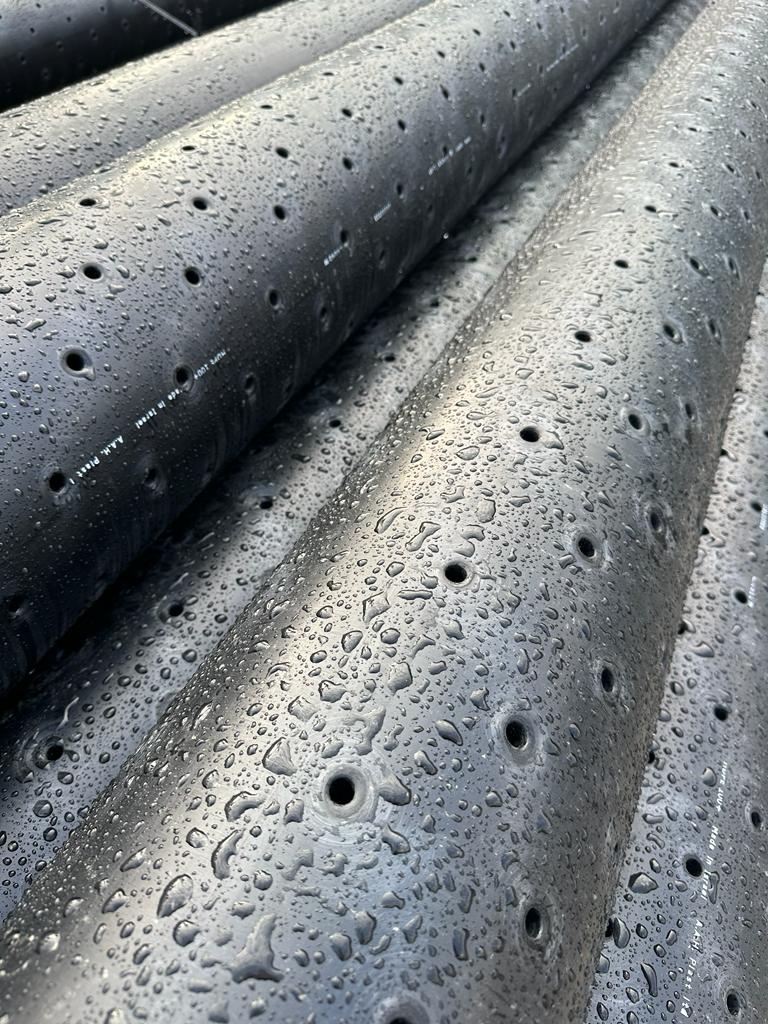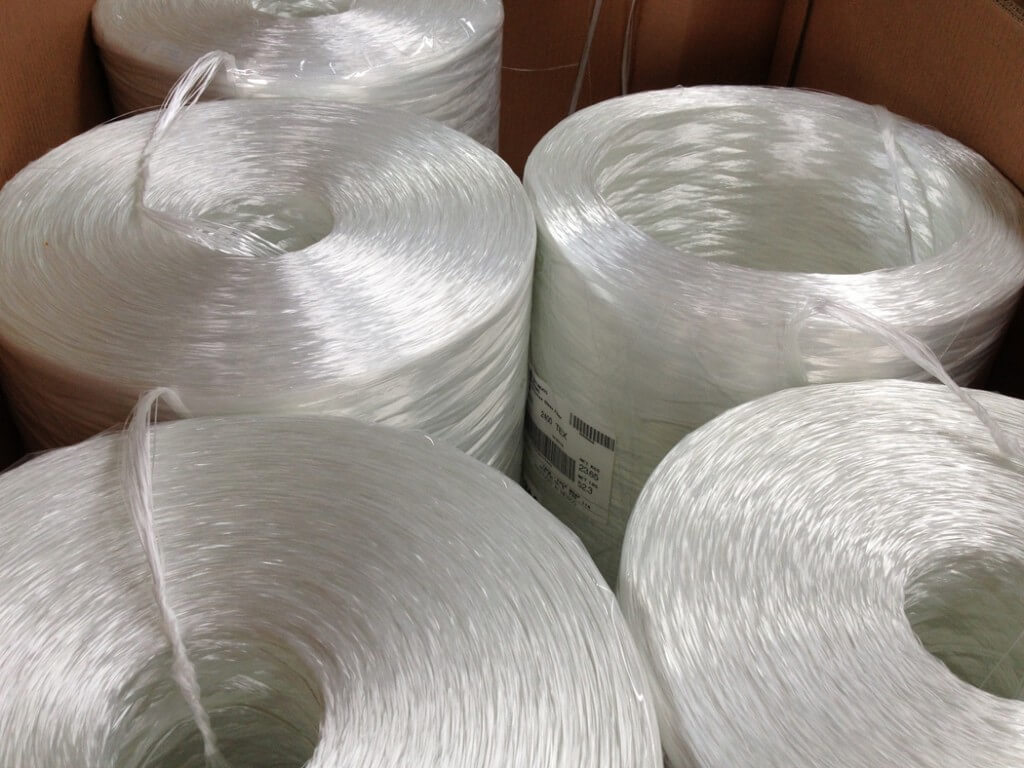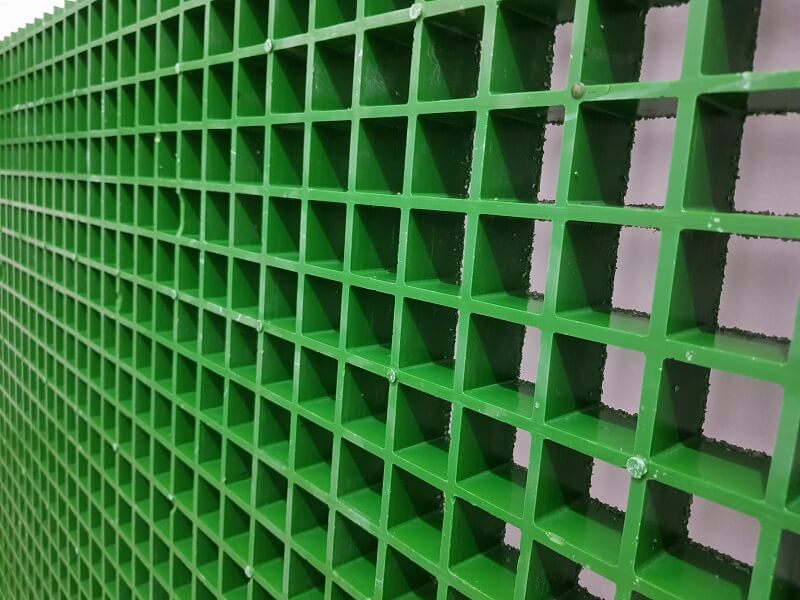Innovative and cost-effective, slotted or perforated polyethylene pipes, commonly referred to as HDPE pipes, have revolutionized multiple industries. These pipes have gained popularity in agricultural, construction, and environmental sectors owing to their manifold advantages over conventional materials like metal, concrete, and PVC. With a unique grooved design, they excel in applications requiring uniform water or gas distribution across extensive areas.
The distinctive grooves of these pipes render them exceptionally suited for scenarios demanding efficient water or gas dispersal. These grooves allow water to gradually seep out, proving invaluable for irrigation in agriculture, gardening, and green spaces.
Let’s dive into the myriad benefits that come with the utilization of slotted or perforated HDPE pipes:
- Corrosion Resistance: HDPE pipes exhibit exceptional resistance to corrosion, rendering them ideal for deployment in unforgiving environments where alternative materials would quickly deteriorate. These pipes can endure exposure to acids, alkalis, saltwater, and other chemicals, ensuring their prolonged life span.
- Lightweight: The reduced weight of HDPE pipes simplifies transportation, handling, and installation. This attribute becomes particularly crucial for large-scale projects where swiftness and efficiency are paramount.
- Durability: HDPE pipes boast impressive durability and an extended lifespan. They can withstand substantial loads and are resistant to impacts, making them well-suited for deployment in construction projects.
- Flexibility: With a high degree of flexibility, HDPE pipes can be curved and contoured to match the lay of the land. This quality is invaluable in agricultural settings with uneven landscapes.
- Economical: When compared to materials like metal or concrete, HDPE pipes offer a budget-friendly alternative. They necessitate minimal maintenance and boast an extended lifespan, ensuring a cost-effective solution over the long term.
- Environmentally Friendly: HDPE pipes are crafted from recyclable materials, finding utility in subsequent applications. Their usage doesn’t introduce harmful chemicals into the soil or water, making them an ecologically responsible choice.
- Easy Installation: The straightforward installation process of HDPE pipes saves time and labor expenses. The lightweight composition allows easy transportation to installation sites, reducing the need for heavy machinery.
In summation, HDPE pipes with perforations have established themselves as dependable, cost-efficient, and ecologically sustainable solutions spanning diverse applications. Their distinct design, coupled with their numerous advantages, positions them as optimal choices for projects across multiple industries. Whether deployed for agriculture-based irrigation, construction-focused drainage, or environmental gas distribution, perforated HDPE pipes offer robust and enduring solutions.




